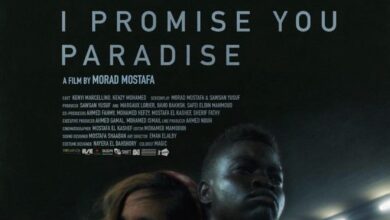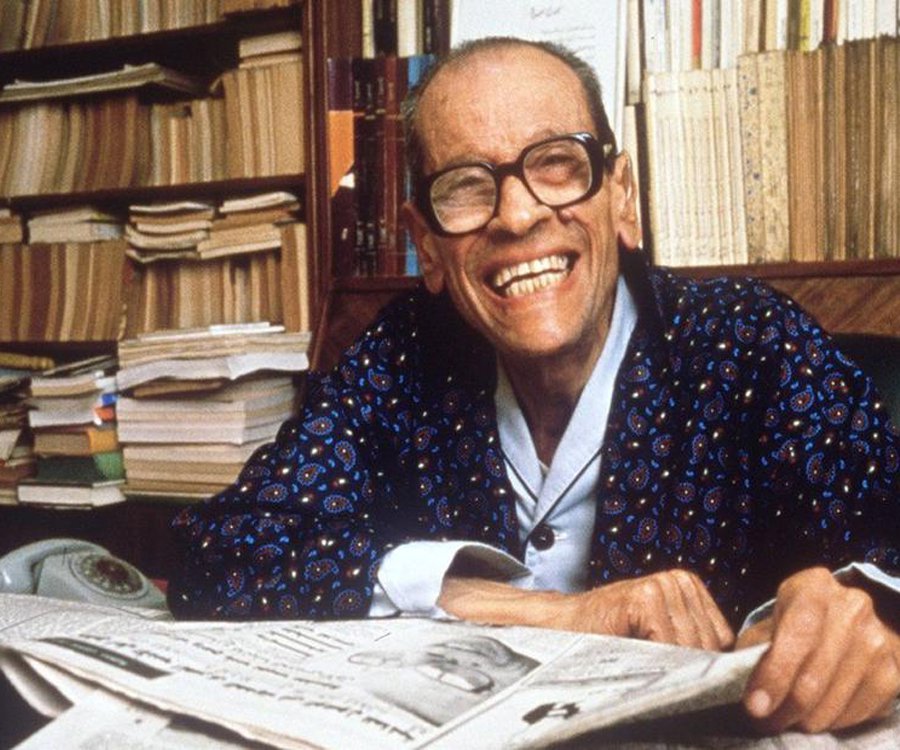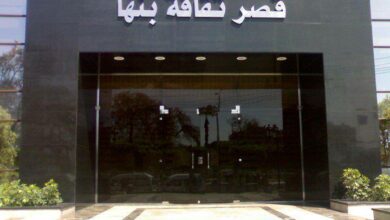Movies that touch on events as definitive as the Egyptian revolution walk a tightrope; if done correctly and timed carefully, they have great potential for success, but if they do not meet up to expectations, they will end up as disasters.
A few movies have already taken the bold step of portraying the momentous events: "Sarkhat Namla" (An Ant's Cry) and "Al-Fagoumy" had both wrapped up filming by the time mass protests began on 25 January, but their directors made some last-minute changes to reference the revolution, including adding actual footage from Tahrir Square in "Sarkhat Namla".
As could be expected, these movies provoked debate over whether they took advantage of the revolution as a cheap marketing ploy.
According to “Al-Fagoumy” director Essam Shamaa, the movie celebrates the story of famous poet Ahmed Fouad Negm and his life-long struggle against the regime through peaceful means, namely the arts.
Over the past few years, Egyptian cinema has tended to produce more and more movies exposing corruption, following Negm’s example – “Sarkhat Namla” was intended to be one of those movies. Director Sameh Abdel Aziz says he wanted to tell a story about the pervasive corruption of those in power and how difficult it is for the downtrodden to have their complaints heard.
For Shamaa, who sees the revolution as a culmination of Negm's struggle, the decision to add a scene referencing the revolution in “Al-Fagoumy” was a given. “Negm didn’t have weapons,” he says, “and neither did the people at Tahrir.”
He says, in fact, that the timing of the revolution was a godsend, since he was originally planning to end the movie with Negm sitting in jail in the aftermath of the January 1977 bread riots, singing a song called “January”. It couldn’t have been a better lead into the ending scene, which, Shamaa says, is a celebration of the revolutionary poet’s dream finally coming true with the events of January 2011.
Abdel Aziz’s interpretation is a bit different; he takes issue with pressure in the movie industry to ignore the revolution and to keep cranking out escapist movies to encourage people to move on with their lives.
“The revolution isn’t over yet,” he says, adding that his film is well-timed and its message still relevant. "The people need to be reminded of the reasons they took to the streets in the first place, and not just move on with their lives with renewed complacency," he says.
He says that the extra footage at the end of his movie supplements its message, asserting that the downtrodden indeed do have enormous power and that it is possible, as the movie title suggests, for "an ant’s cry to be heard."
It appears, however, that "Sarkhat Namla" and "Al-Fagoumy" failed to satisfy most Egyptian moviegoers. According to Ali Ismail, who works at Serag Mall Cinema in Nasr City, the two films did not attract significant crowds.
"The people have already lived through the revolution," he says, "and they come to the movies to see something different." He feels that the scenes from the revolution felt forced.
Ismail suggests that while people can still experience the revolution in the streets, those going to the movies may just be looking for a break.




